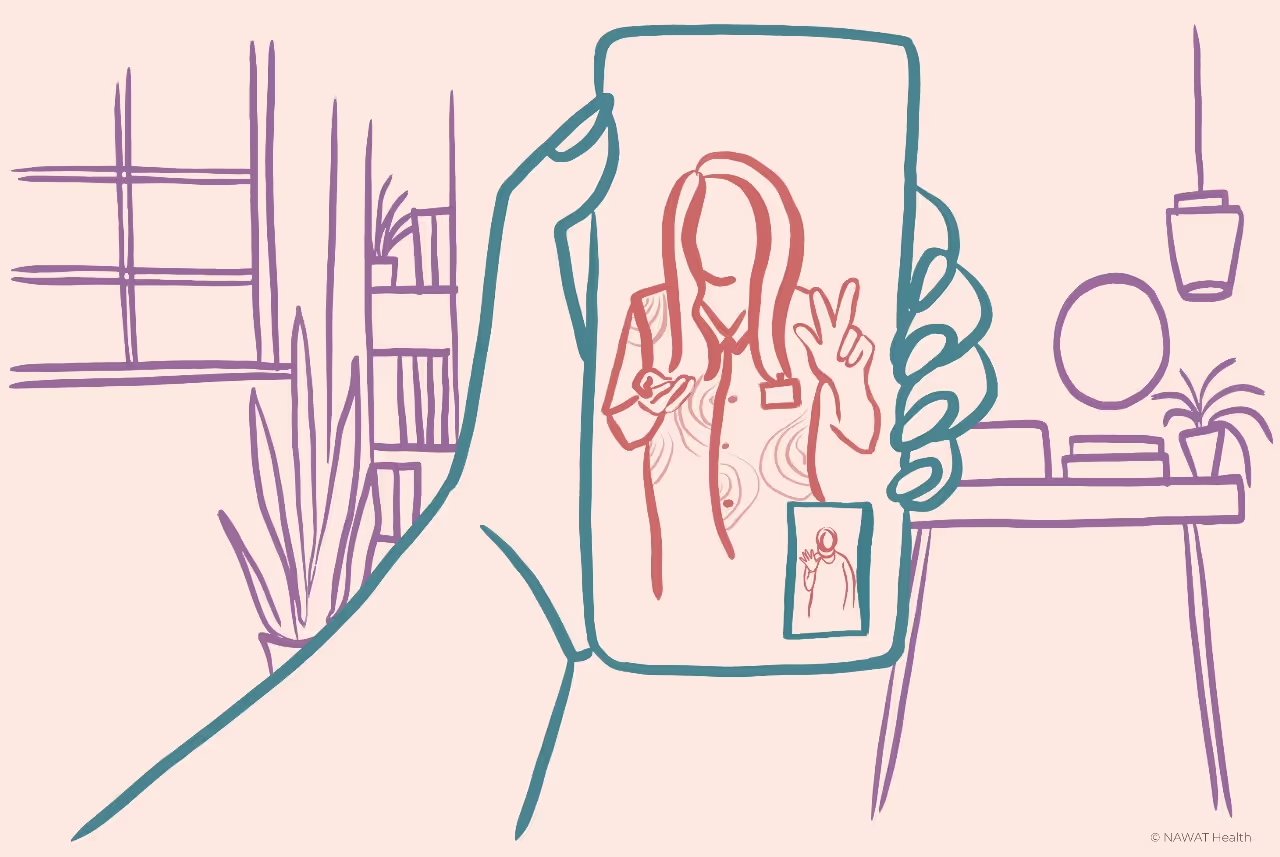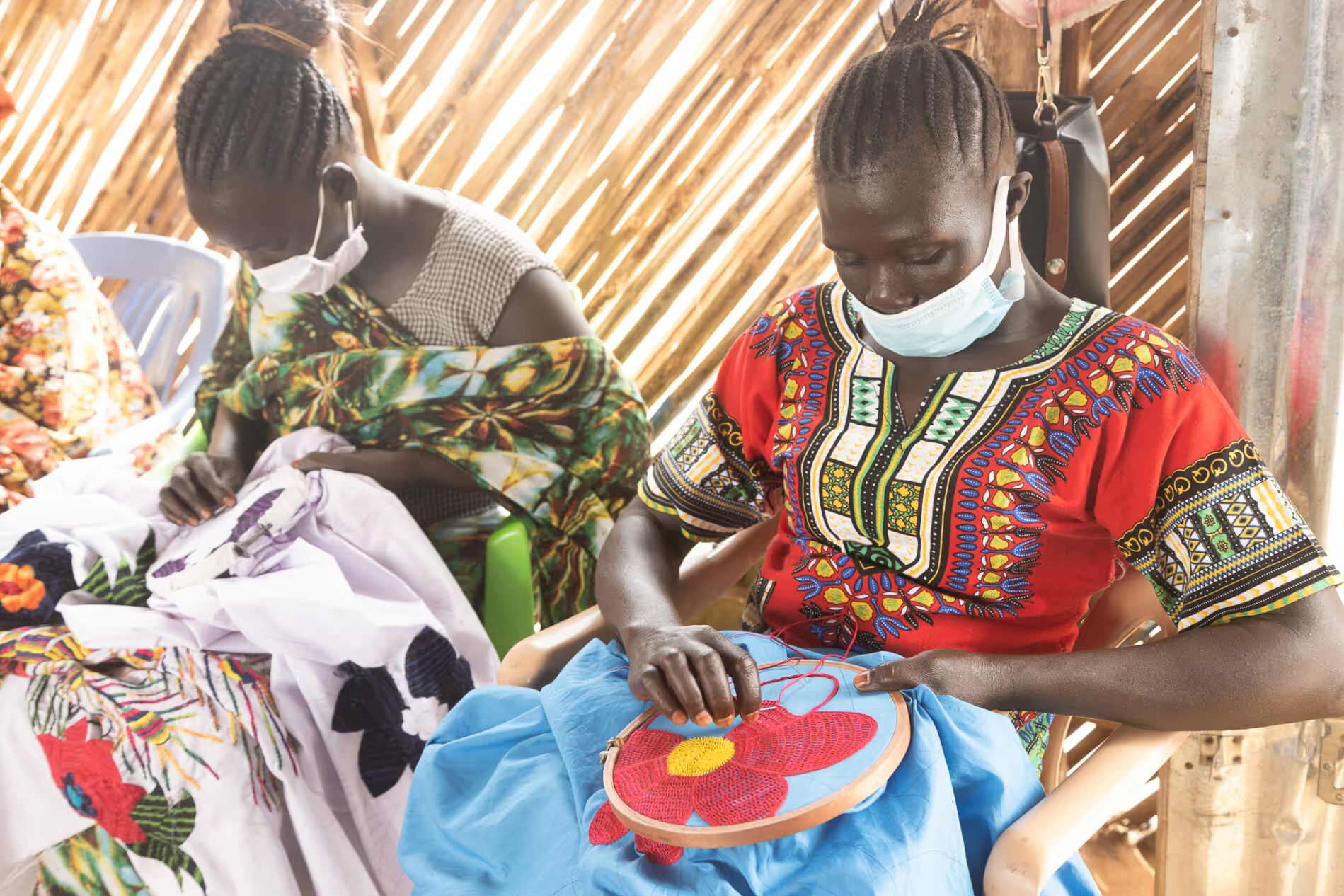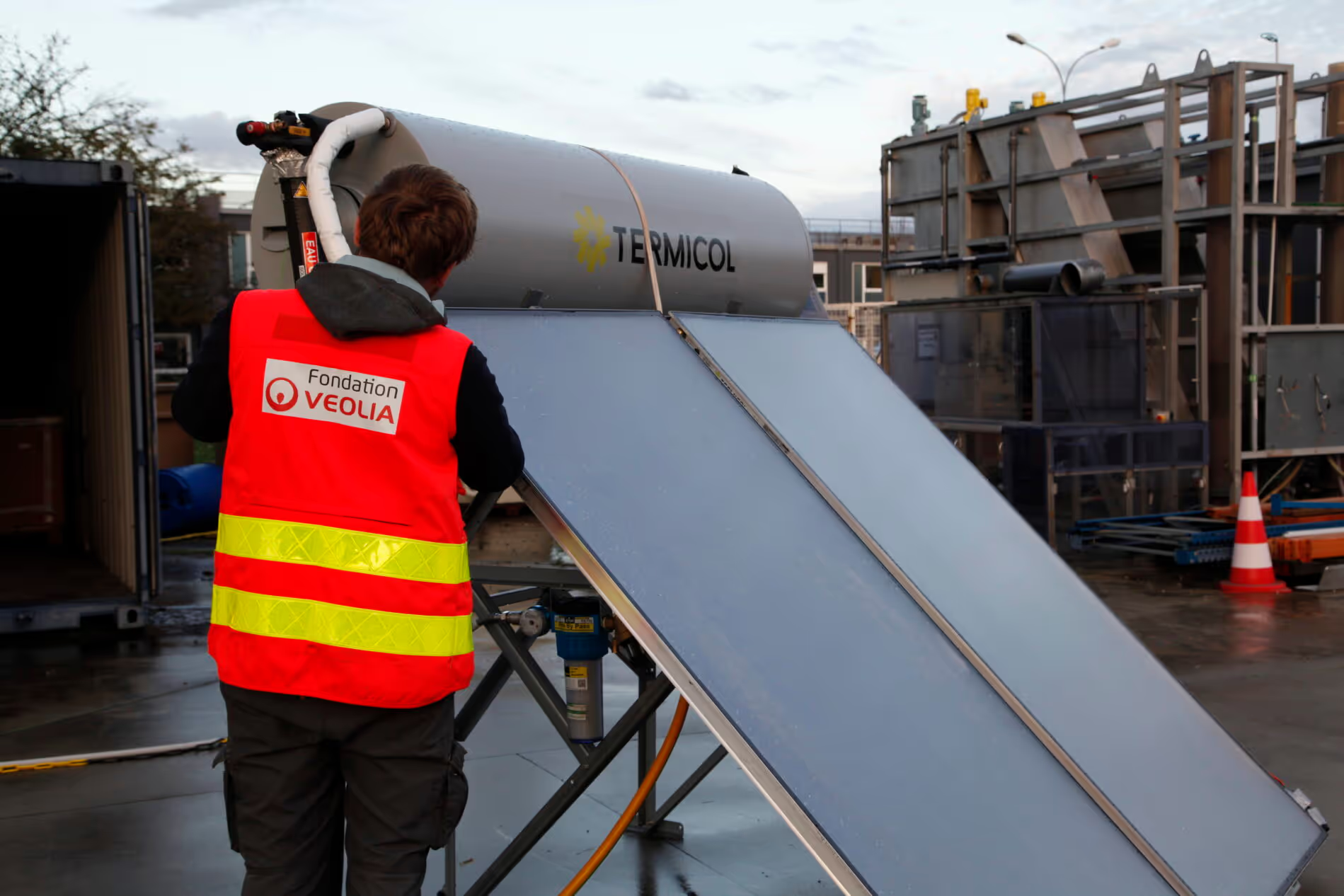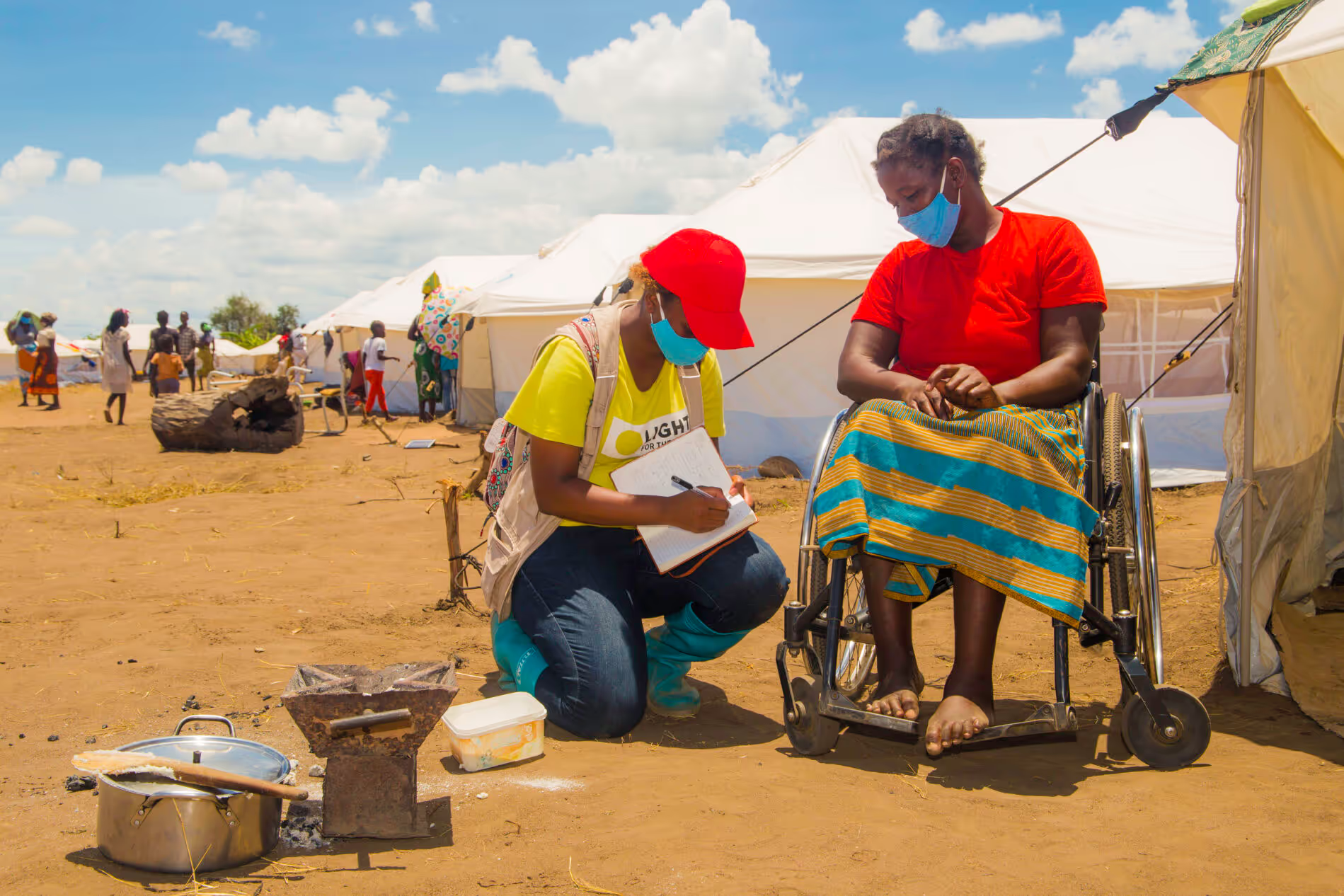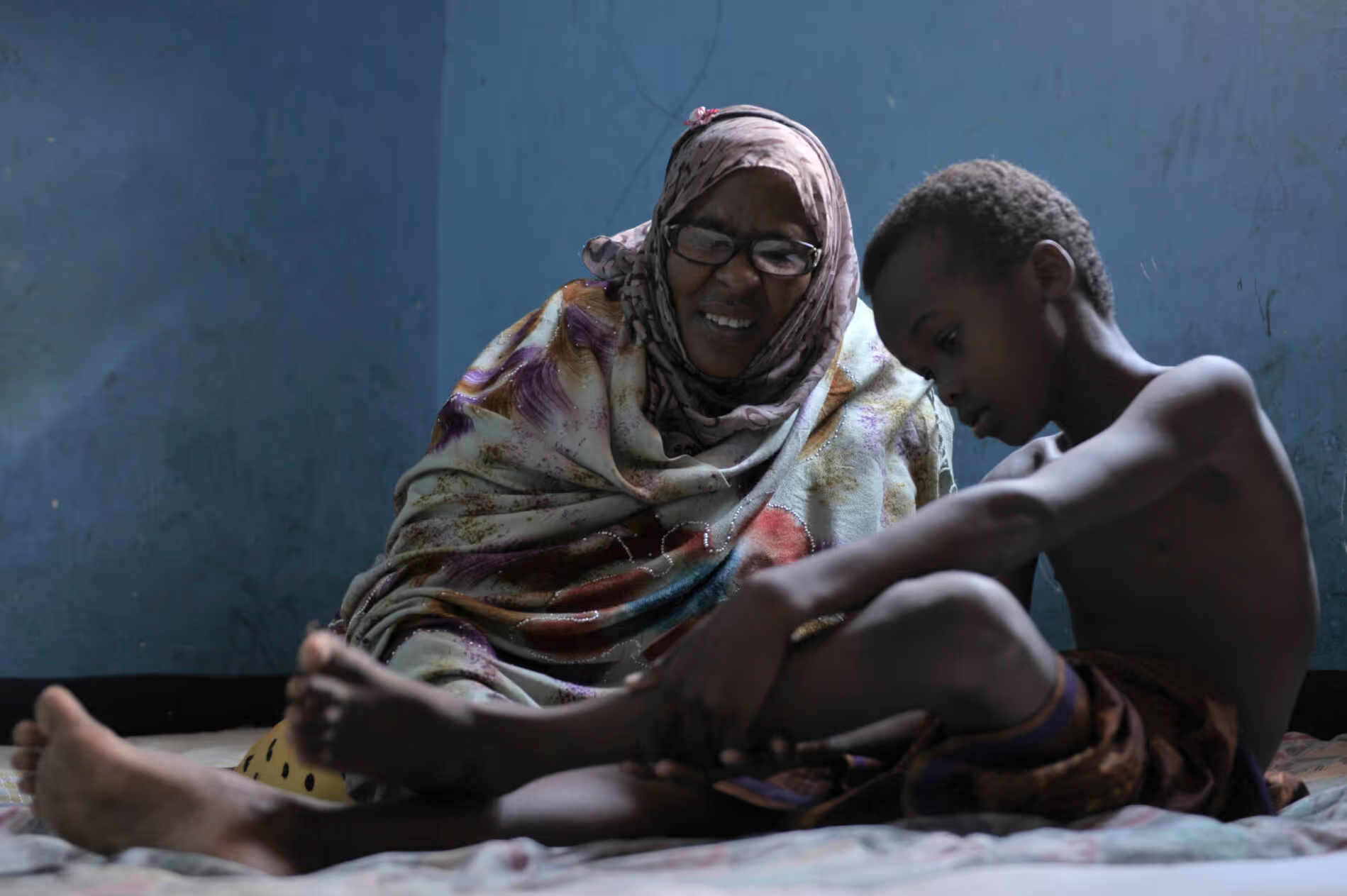Real-time Monitoring of GBV Threats for Venezuelan Refugee and Migrant Women and Girls
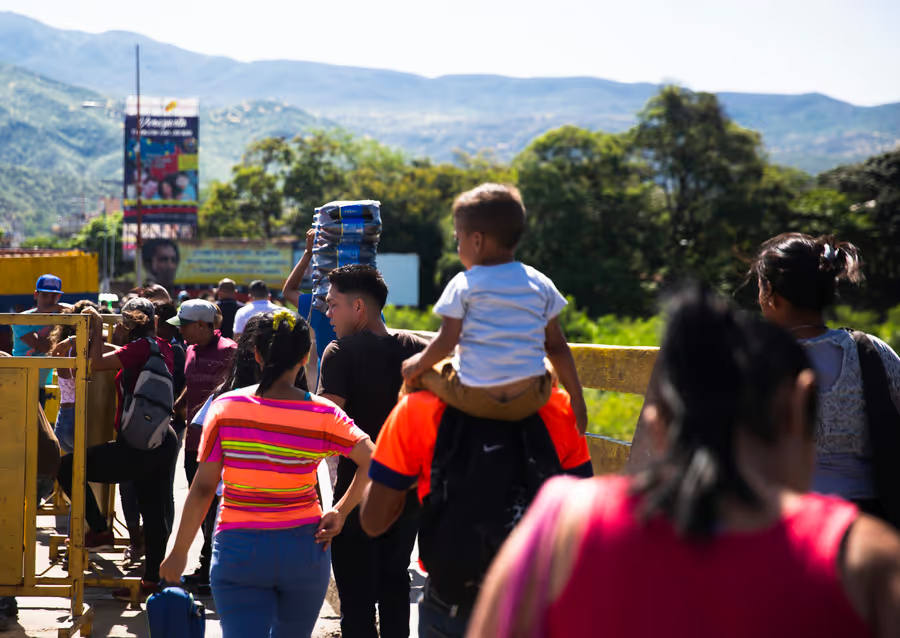
Project overview
Providing important data for humanitarian programming, through encouraging people to speak freely about their experiences and perspectives in a safe environment.
Project solution
This project offers [specific solution or intervention] to tackle [challenge]. By implementing [strategies, tools, or innovations], the project aims to achieve [desired outcomes]. The approach is designed to [specific actions or methods] to bring about meaningful change in [community, region, or issue area].
Expected outcomes
This project aims to achieve [specific outcomes], such as [measurable results, improvements, or changes]. The expected impact includes [benefits to the target community, advancements in research or innovation, or long-term effects]. By the end of the project, we anticipate [specific changes or milestones] that will contribute to [broader goals or objectives].
What is the humanitarian need?
Millions of women and girls experience GBV in humanitarian contexts. GBV programming is essential to prevention and mitigation and to supporting survivors. But safe, ethical and efficient data collection to inform programming is difficult. It’s expensive and time-consuming, it doesn’t meet ethical standards, and it’s risky for survivors. It is sometimes more focused on a research agenda than on the survivors themselves. And it has tended to focus on either qualitative or quantitative data, rather than mixed methods. It has also been subject to inherent biases and there’s been a lack of granularity when larger volumes of data have been gathered.
What is the innovative solution?
Sensemaking uses storytelling as a natural way for people to talk about aspects of their life, their community and the world we live in. It begins with an open-ended prompt inviting the person to share what’s most important to them. Participants aren’t constrained by questions; sensemaking facilitates speaking openly. And through these stories told in everyday conversations, sensemaking provides a snapshot of what is happening in individual lives, in families and in communities.
Uniquely, sensemaking empowers individuals to interpret their own experiences by plotting their perspectives in a series of interpretation questions. This reduces the interpretation bias that often limits more traditional methodologies.
What progress has been made?
The sensemaking innovation was tested in Ecuador, Peru, and Brazil, where the team collected 9,339 self-interpreted sensemaking narratives from Venezuelan refugees and migrants over a 12-week period. Participants candidly shared their experiences of GBV, as well as their fears and concerns around what it’s like to be a refugee/migrant woman or girl. The data identified nuanced GBV insights into issues that hadn’t previously been recognised.
The pilot confirmed that sensemaking is an effective and efficient method of collecting a large amount of comprehensive, mixed-methods data. The results informed the Regional Refugee and Migrant Response Plan (RMRP). Several sectors used the data to develop strategic plans (GBV, Protection from Sexual Exploitation and Abuse, Integration, Trafficking and Smuggling). And the team has engaged directly with the Gender Working Group of the Quito Process.
Innovation potential
Sensemaking can better inform GBV prevention and response by collecting essential data in a way that’s more survivor-centred, more efficient and more cost-effective. It is suitable for sensitive topics and reduces reporting bias and interpretation bias, making it a more rigorous methodology to inform GBV programming and protection. Sensemaking is scalable and can be applied in other difficult-to-reach humanitarian contexts. The team is looking to implement sensemaking in other settings to guide decision-making for GBV prevention and response that better meets the community’s needs.
[.slimline-cta-box][.slimline-cta_heading]Links to more information[.slimline-cta_heading][.slimline-cta_paragraph]https://www.elrha.org/docs/document/2023-03-06-queens-university-reflections-and-recommendations-final-report.pdf
https://reliefweb.int/report/brazil/using-sensemaking-approach-document-gendered-migration-experiences-venezuelan-women-and-girls-latin-america
https://respuestavenezolanos.iom.int/en/resources/monitoring-gendered-threats-migrant-and-refugee-women-and-girls-venezuela-location-briefs
Los riesgos que enfrentan las mujeres migrantes y refugiadas de Venezuela en embarazo (youtube.com)
Threats and risks faced by migrant and refugee women and girls from Venezuela (youtube.com)
La carga del cuidado para las mujeres migrantes y refugiadas de Venezuela (youtube.com)[.slimline-cta_paragraph][.slimline-cta-box]
Project delivery & updates
Stay up to date with the latest developments from this project. Here, you will find details on what has been delivered, resources created, and regular updates as the project progresses. Access key documents, reports, and other materials to see how the project is making an impact.

